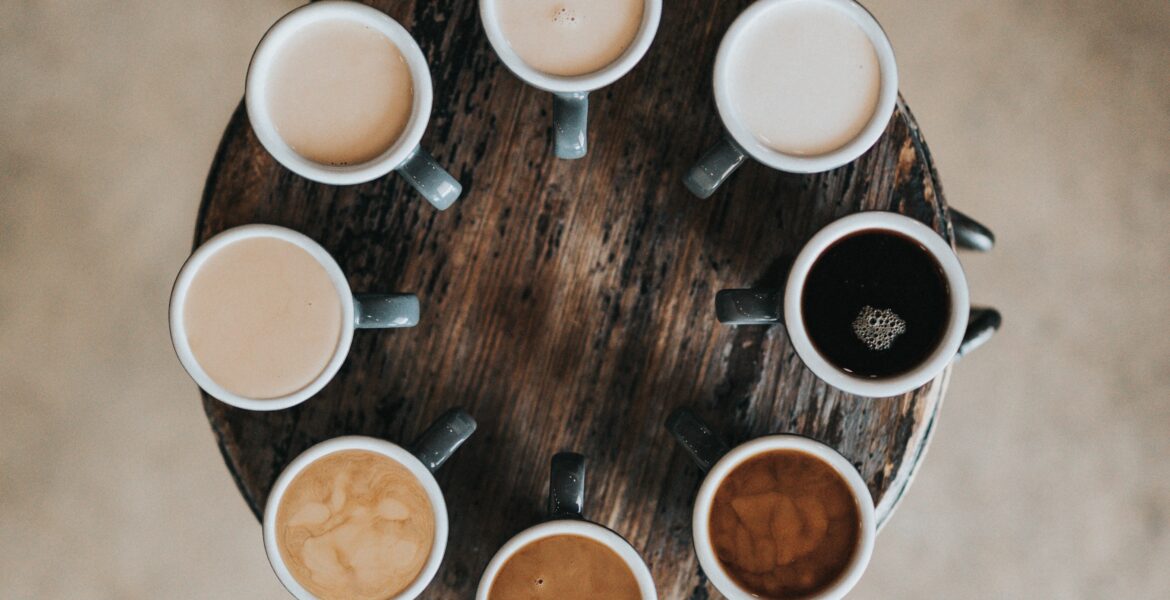The alarm goes off first thing in the morning; you reach for your phone, turn it off and head straight to the kitchen for your first cup of coffee.
This is, no doubt, just the first of many coffees to get you through the day ahead because you feel like you can’t cope otherwise.
A cup of coffee has slowly but surely become no longer a ‘want’ but a desperate 'need' in order to function like a normal human being.
With some people having to start their day with a cup of coffee, others drinking it even more than water, coffee is a drink enjoyed around the world but perhaps it has become too much of a global addiction.
Lack of energy and lack of coffee is commonly placed in the same sentence.
What is it about coffee that makes us want more to an extent that we depend on it?
It could be the taste, texture, variety, or perhaps our addiction is due to a well-known chemical called caffeine.
Caffeine is a chemical found in many products, not just our favourite daily beverage, a large cup of coffee.
It is most commonly used to improve energy levels and mental alertness, to provide a kick of energy, especially after a long night and early morning start during the week.
The chemical works by stimulating the central nervous system and the centres that control blood pressure. It can raise blood pressure but may have less impact on those that drink coffee more regularly. Depending on genes, some can drink more coffee than others without experiencing any negative side effects.
Studies have shown that in moderate doses caffeine can be good for you, to elevate your mood, boost your metabolism as well as mental and physical performance.
Up to 4000mg of caffeine is considered safe for most healthy adults, this is equivalent to roughly 4 cups of brewed coffee.
There are many that consume 4 cups of coffee by midday. There are also many that stumble upon their 6th or 7th coffee by the end of the day.
Too much caffeine can cause numerous side effects. Below are 4 side effects that can arise due to high levels of caffeine consumption.
Side effects of consuming too much coffee
Anxiety
Caffeine causes increases in mental awareness as it triggers the release of adrenaline ‘fight or flight’ responses, associated with increased energy. One too many cups of coffee can leave you feeling jittery, anxious and moody.
Digestive Issues
Many already know that a cup of coffee on an empty stomach first thing in the morning may end up with a run to the toilet. Moderate amounts may improve your gut but in large doses it can cause stomach pains and gastric reflux.
Insomnia
A popular reason for caffeine consumption is the ability to wake up and feel energised. Caffeine can later cause troubles when trying to sleep.
The cup of coffee drunk too late in the afternoon can be the reason it’s 11 pm and you are laying in bed with a mind on overdrive and ready to party.
Higher caffeine intake can lead to an increase in the amount of time it takes to fall asleep at the end of the day.
This can result in a restless night, falling asleep too late and starting a new caffeine cycle the next day to make up for what feels like lost energy - a vicious cycle that can be difficult to break. The amount of caffeine your body can take will alter the impact it has on your quality of sleep. To avoid sleeping problems caused by caffeine, your last cup of coffee could be earlier in the day rather than late in the afternoon.
Addiction
Your daily cup of coffee can form a habit. A habit can form in as little as 18 days, that one coffee a day can and will become a part of your routine.
Caffeine can leave you feeling on edge and uneasy when you find yourself without a cup of coffee and struggling to think of anything apart from stopping at your local cafe on your way to work. Once your body is used to its daily cup(s) of coffee, going without it may cause symptoms of withdrawal. It may cause an increase in headaches and fatigue as your body relies on that extra mg of caffeine.
So the bottom line is, coffee will always be a delicious and uplifting beverage but is best enjoyed in moderation.
A New Twist to Traditional Pastitsio



